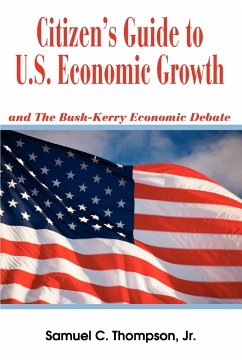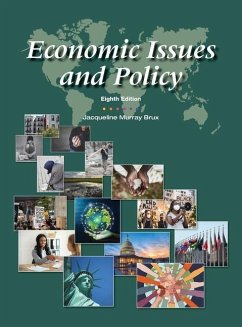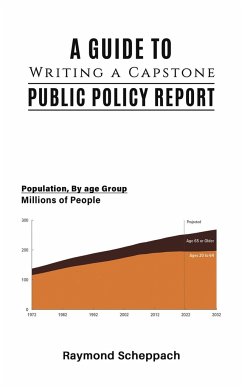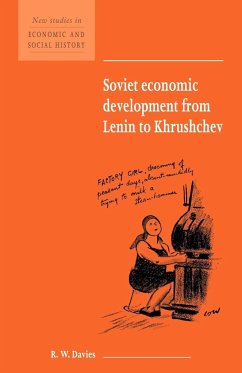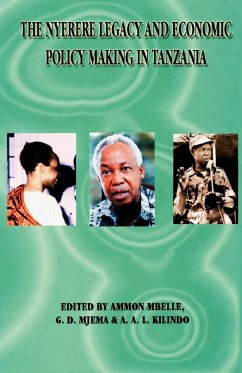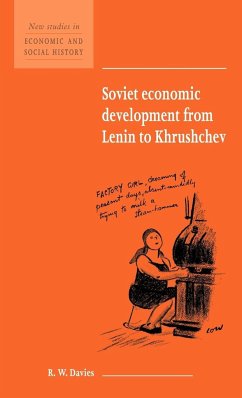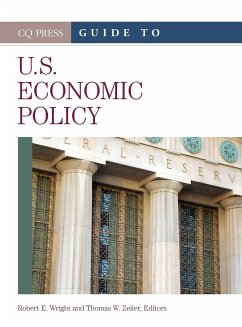
Guide to U.S. Economic Policy
Versandkostenfrei!
Versandfertig in 1-2 Wochen
187,99 €
inkl. MwSt.

PAYBACK Punkte
94 °P sammeln!
Guide to U.S. Economic Policy shows students and researchers how issues and actions are translated into public policies for resolving economic problems (like the Great Recession) or managing economic conflict (like the left-right ideological split over the role of government regulation in markets). Taking an interdisciplinary approach, the guide highlights decision-making cycles requiring the cooperation of government, business, and an informed citizenry to achieve a comprehensive approach to a successful, growth-oriented economic policy. Through 30 topical, operational, and relational essays,...
Guide to U.S. Economic Policy shows students and researchers how issues and actions are translated into public policies for resolving economic problems (like the Great Recession) or managing economic conflict (like the left-right ideological split over the role of government regulation in markets). Taking an interdisciplinary approach, the guide highlights decision-making cycles requiring the cooperation of government, business, and an informed citizenry to achieve a comprehensive approach to a successful, growth-oriented economic policy. Through 30 topical, operational, and relational essays, the book addresses the development of U.S. economic policies from the colonial period to today; the federal agencies and public and private organizations that influence and administer economic policies; the challenges of balancing economic development with environmental and social goals; and the role of the U.S. in international organizations such as the IMF and WTO. Key Features: 30 essays by experts in the field investigate the fundamental economic, political, social, and process initiatives that drive policy decisions affecting the nation's economic stability and success. Essential themes traced throughout the chapters include scarcity, wealth creation, theories of economic growth and macroeconomic management, controlling inflation and unemployment, poverty, the role of government agencies and regulations to police markets, Congress vs. the president, investment policies, economic indicators, the balance of trade, and the immediate and long-term costs associated with economic policy alternatives. A glossary of key economic terms and events, a summary of bureaus and agencies charged with economic policy decisions, a master bibliography, and a thorough index appear at the back of the book. This must-have reference for students and researchers is suitable for academic, public, high school, government, and professional libraries.






